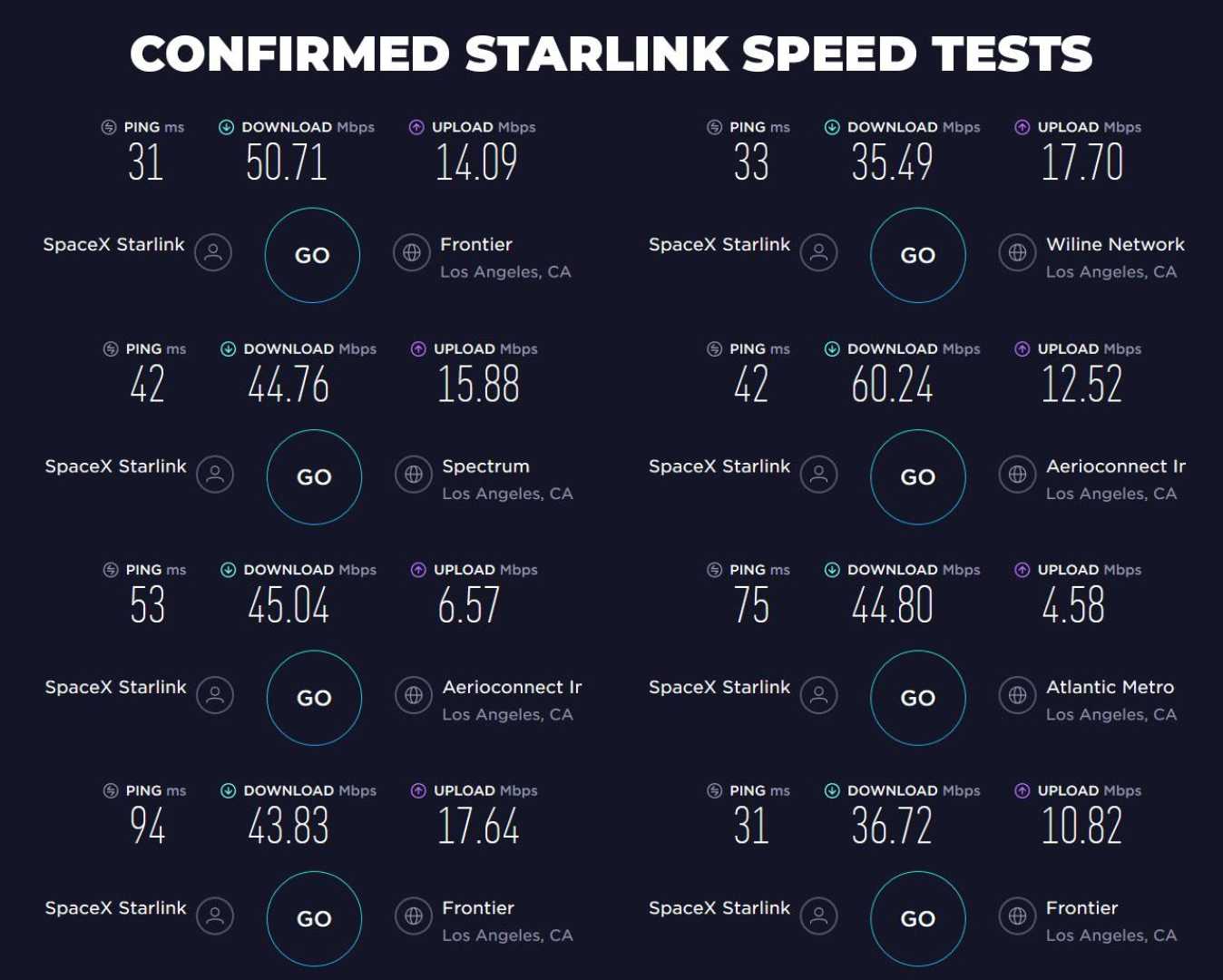Tech
Starlink Set to Revolutionize Internet with Gigabit Speeds and Global Expansion

Elon Musk’s SpaceX is on the cusp of a significant milestone with its Starlink satellite internet service, as it prepares to introduce gigabit speeds. This upgrade promises to dramatically enhance internet access, particularly in rural and underserved areas. The new speeds, which could be nearly 10 times faster than the current rates, are part of SpaceX’s ongoing efforts to improve its satellite internet system.
To achieve these gigabit speeds, SpaceX has submitted a request to the Federal Communications Commission (FCC) to make adjustments to how its satellites operate in space. These changes aim to boost download speeds and improve the overall performance of the Starlink network. Currently, Starlink provides download speeds ranging from 50 to 300 Mbps, but the company has long envisioned delivering speeds of up to 1 gigabit per second.
In addition to the technological advancements, Starlink is also expanding its global footprint. In Africa, despite a temporary halt in new customer sign-ups due to high demand in urban areas, Starlink has already made significant inroads. The service has been launched in 15 African countries, including Nigeria, Kenya, Botswana, and Ghana. However, the expansion has not been without challenges, including regulatory hurdles and resistance from local telecom companies.
In Zimbabwe, for example, Starlink’s entry has led to a reduction in internet tariffs, offering residents better internet connectivity options, especially in rural areas. Local service providers like Telone are reselling Starlink kits, contributing to improved internet coverage in the region.
The potential impact of Starlink’s gigabit speeds extends beyond just faster internet; it could revolutionize how people live, work, and communicate. With lower latency and higher speeds, Starlink could support a wide range of applications, from video conferencing and online gaming to remote work and education, making high-speed internet as accessible as electricity.












